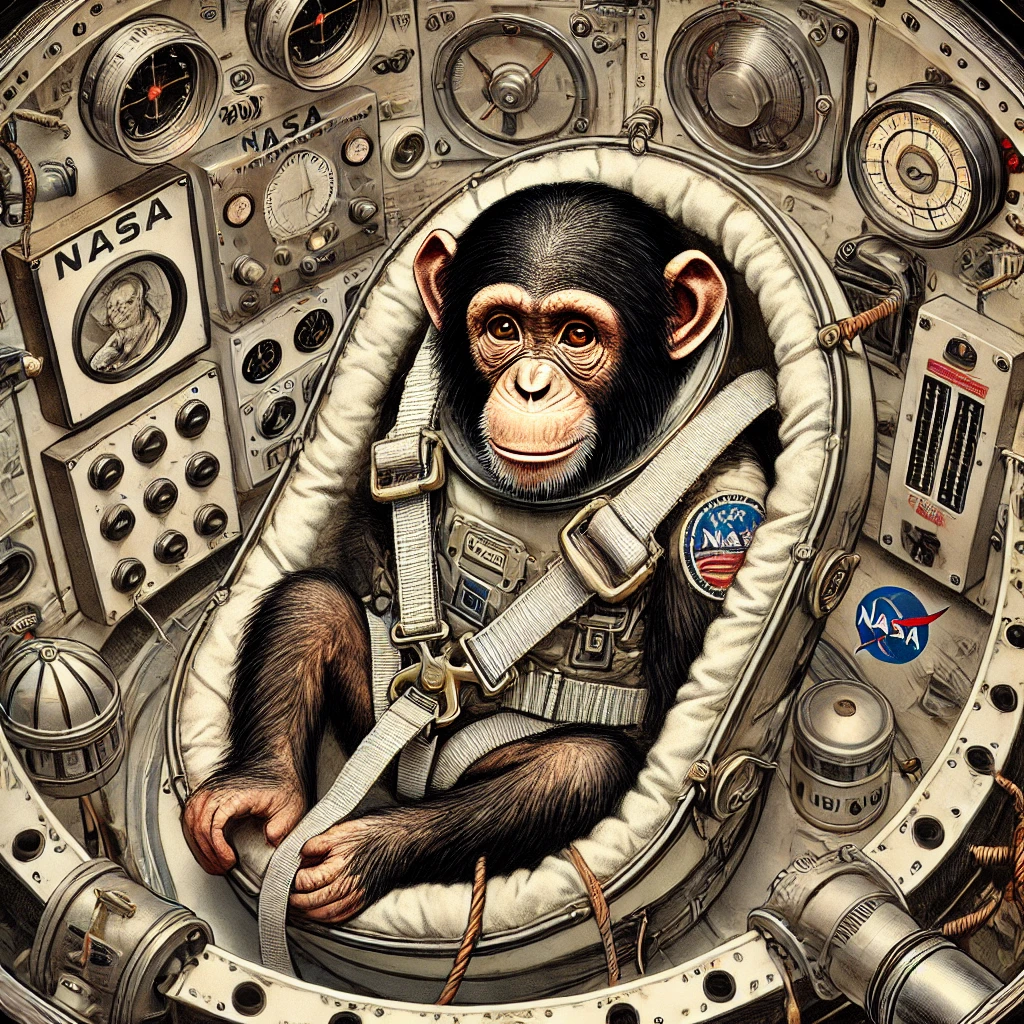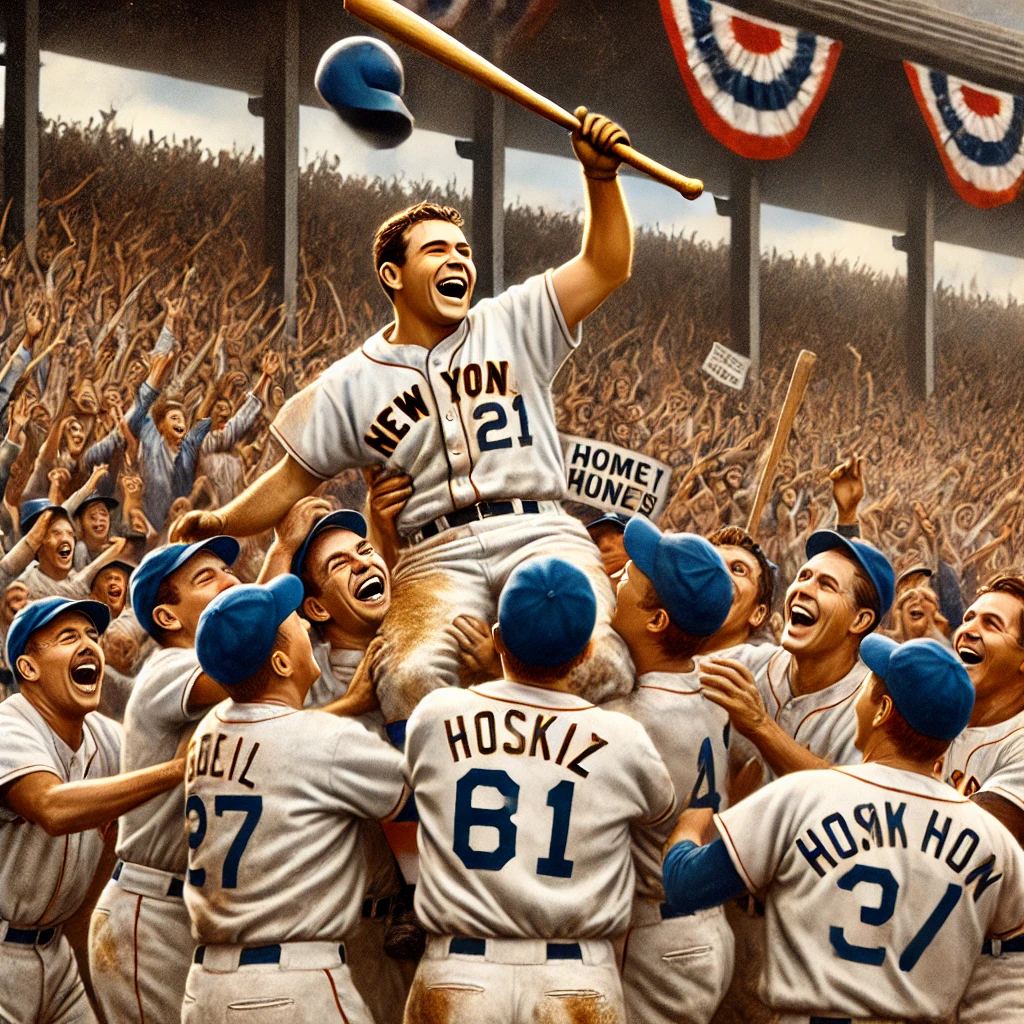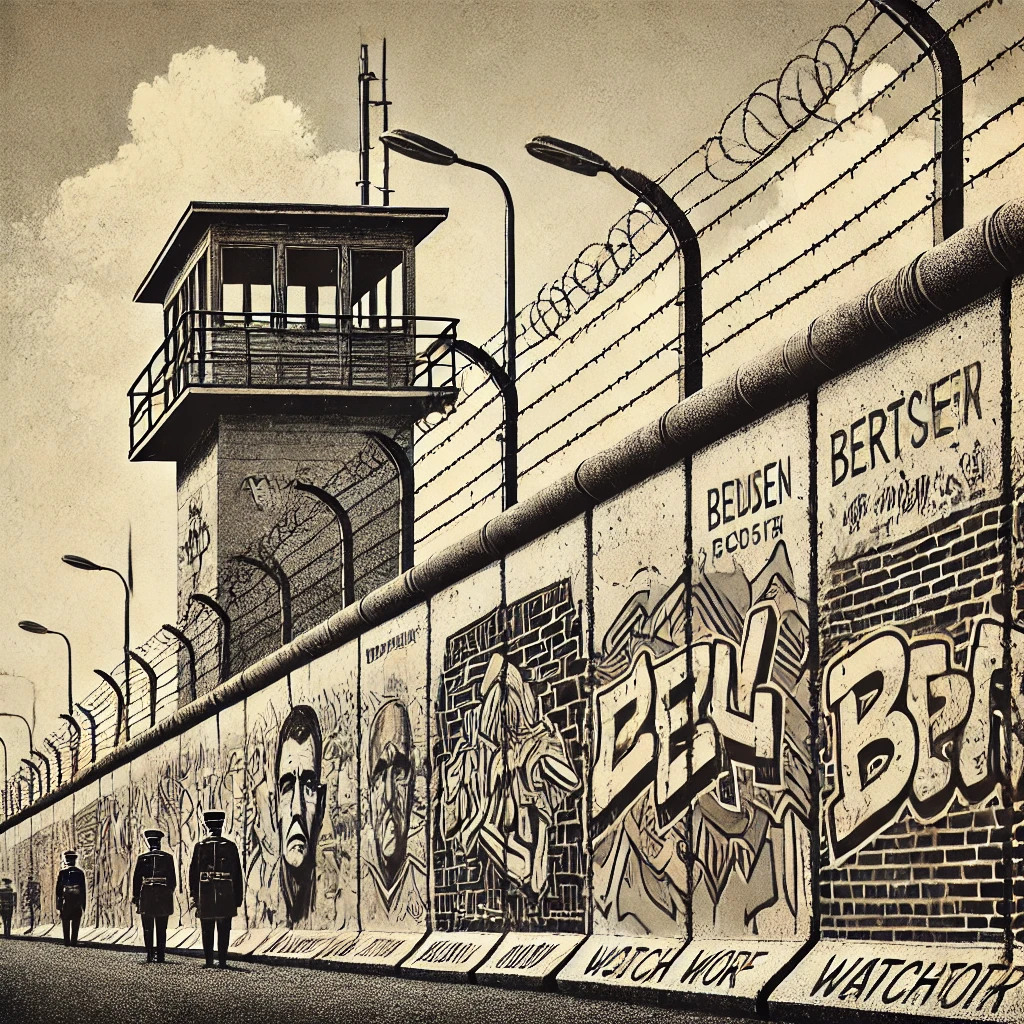Breaking Barriers: Enos the Chimpanzee’s Historic Orbit

On this pioneering day in 1961, Enos, a chimpanzee, became the first primate to orbit the Earth as part of NASA’s Project Mercury. This historic achievement was a critical step in the United States’ efforts to master human spaceflight, occurring amidst the intense Cold War-era Space Race with the Soviet Union. The mission demonstrated NASA’s […]
A Timeless Classic: The Premiere of Breakfast at Tiffany’s

On October 5, 1961, the world was introduced to one of the most iconic films in American cinema history with the premiere of Breakfast at Tiffany’s. Directed by Blake Edwards and adapted from Truman Capote’s novella of the same name, the film starred Audrey Hepburn as the enchanting and enigmatic Holly Golightly. Set against the […]
The Day Roger Maris Shattered Babe Ruth’s Legendary Record

On October 1, 1961, Roger Maris forever etched his name into baseball history by hitting his 61st home run of the season, breaking Babe Ruth’s long-standing single-season record. The feat, accomplished in front of an anxious crowd at Yankee Stadium, not only crowned Maris as a baseball legend but also ignited debates that reverberated throughout […]
Berlin is Divided

On August 13, 1961, the Berlin Wall was erected, marking a significant and symbolic division of the city of Berlin and, by extension, Europe itself. The Wall, constructed by the German Democratic Republic (East Germany), physically and ideologically separated East Berlin from West Berlin, as well as East Germany from West Germany. This dramatic move […]
Launch of the Appeal for Amnesty Campaign
On May 28, 1961, the “Appeal for Amnesty, 1961” campaign was launched following the publication of an article titled “The Forgotten Prisoners” in The Observer by lawyer Peter Benenson. This campaign called for the release of individuals imprisoned worldwide for their beliefs, igniting the formation of what would become Amnesty International. This organization would grow […]
Escalation in Vietnam
President John F. Kennedy, on May 11, 1961, ordered a significant increase in United States military presence in South Vietnam. This decision marked a pivotal escalation in U.S. involvement in Vietnam, signifying a deepening of the American commitment to the anti-communist cause in Southeast Asia. Kennedy’s orders led to the deployment of thousands of American […]
First American Travels to Space
Alan Shepard made history on May 5, 1961, as the first American to travel into space, aboard the spacecraft Freedom 7. His suborbital flight, which came just a few weeks after Yuri Gagarin’s orbital flight, ignited a fierce sense of competition and pride that would fuel the U.S. efforts in the ensuing Space Race. Shepard’s […]
The First Freedom Ride Departs from Washington, D.C.
The first Freedom Ride departed from Washington, D.C., on May 4, 1961, as an integrated group of civil rights activists set out to challenge racial segregation in the southern United States. Organized by the Congress of Racial Equality (CORE), these brave men and women rode buses into the Deep South, facing violent opposition and enduring […]
President John F. Kennedy Establishes the Peace Corps
On this day in 1961, President John F. Kennedy signed an executive order establishing the Peace Corps, a volunteer program aimed at promoting peace and friendship through international cooperation and service. Since its inception, the Peace Corps has sent thousands of volunteers to work on projects in communities around the world.
The Soviet Union Tests the Tsar Bomba
On this day, the Soviet Union conducted the most powerful nuclear test in history with the detonation of the Tsar Bomba, a massive hydrogen bomb. This event illustrated the height of Cold War tensions and the devastating potential of nuclear weapons.
